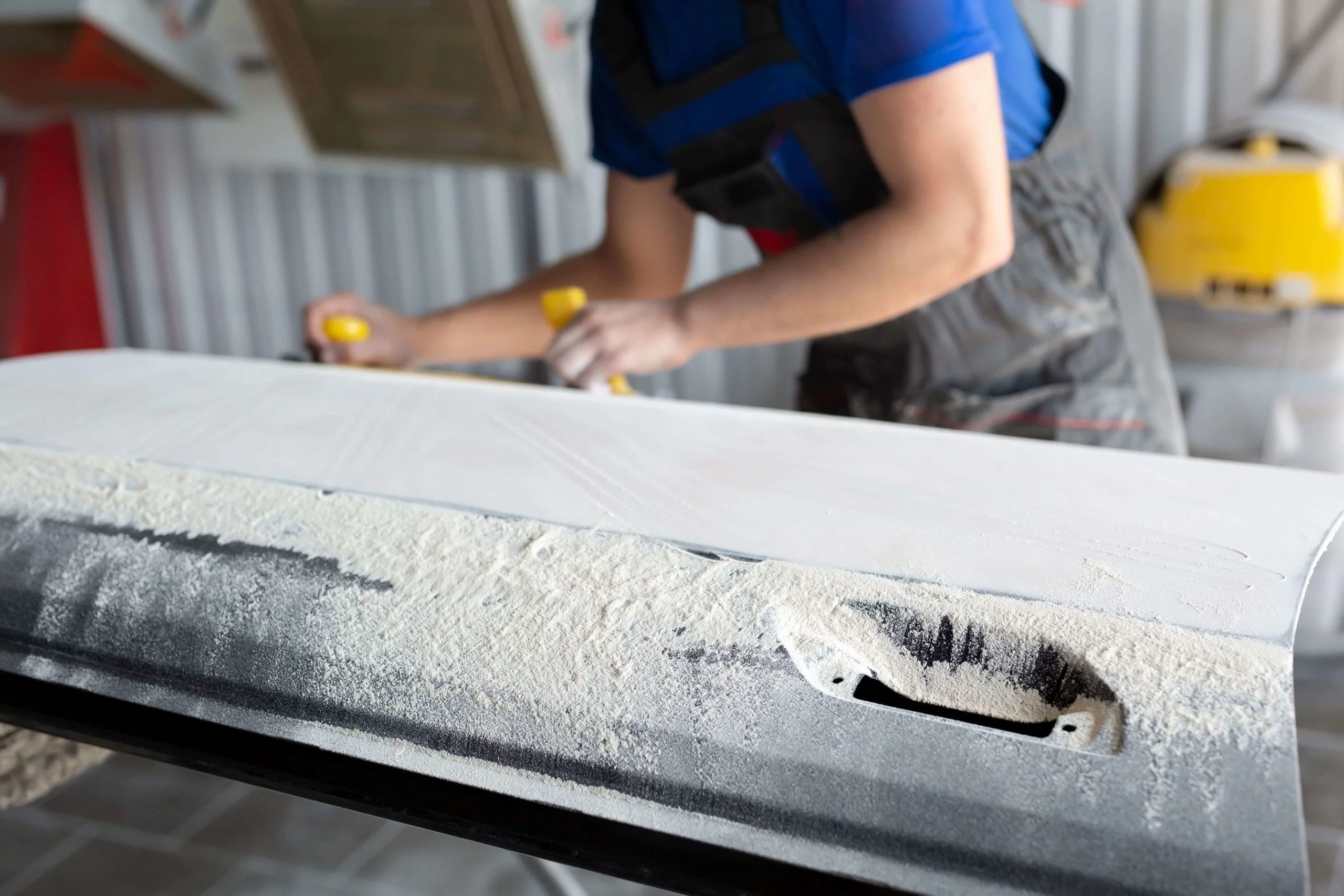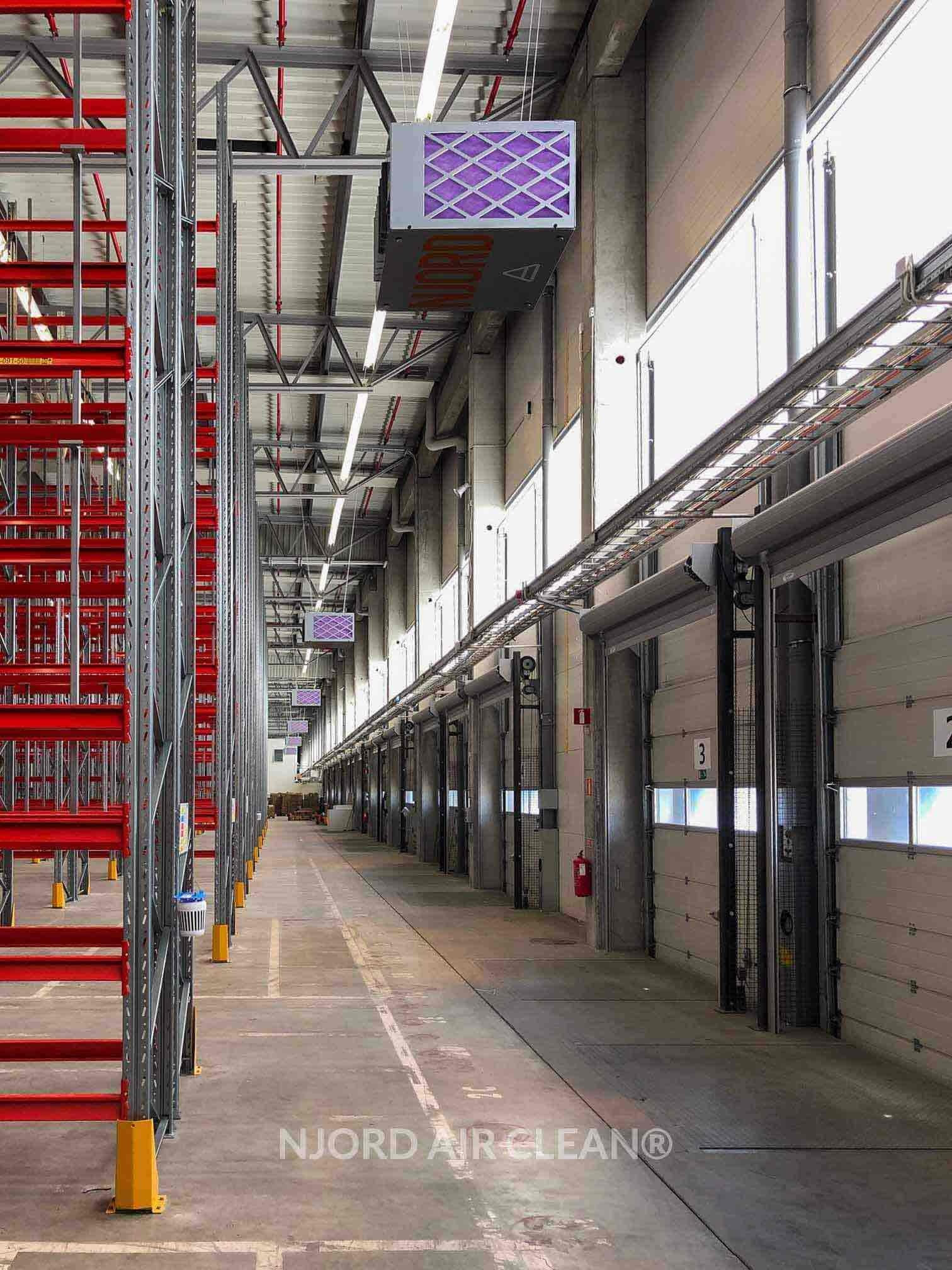
A industrial dust collector deals with the separation or collection of solid dispersed particles that travel in gases, improving the quality of air used in
In this short article we discuss about industrial air purifiers. They can also be called industrial air filters, air cleaners, but they all refer to the same thing.
Additionally, we will very briefly explain how air purifiers work and the main reasons why you should have one.

Traditionally air purifiers were installed in environments where air quality was important to the industrial process. For example in food processing or pharmaceutical production.
However, we now know that in any industrial environment dust is a problem.
Now more than ever the health of a workforce is of prime importance. It is estimated that worldwide 7 million people die each year from air pollution and there is a strong link between environmental dust and cardio vascular disease and cancer.
Also the air needs to be free of allergens such as pollen. And now, with the concern about epidemics such as Covid 19, the need for clean air has never been so vital.
Apart from a healthy environment we all want clean products and clean packaging. In an industrial environment machines work better, last longer and require less maintenance if the air is dust free.
An Industrial Air Purifier should be installed in any area where dust, smoke and germs might be a problem.
Simply put the purifier sucks in dirty air and pumps out clean air. The dirty air passes through a series of filters cleaning the air.

There are different types of filter:
Here at BECOSAN® we recommend the use of Njord Industrial Air Purifiers.

These compact purifiers (less than a cubic metre) have a two pass filter system. The filters are selected to combat the particular particles that are airborne in your own environment. The first filter takes out the larger particles and the second the finer.
In addition, the purifiers contain a Ultra Violet light system which will kills any viruses, bacterias or fungal spores found in the air.
The Njord purifiers are stand alone units which require no ducting or modification of the work environment.
Of course much of the dust accumulates on the floor and the simplest way to remove it is using a scrubber dryer to clean the floor.
The scrubber dryer uses a detergent and water mixture and the residue is sucked into the machine for convenient disposal.
Here again our partners Njord have a useful product – the Njord Dust Binder.
This product is part of the cleaning solution and remains on the floor after the cleaning process is finished.
The binder, as its name suggests binds with dust on the floor allowing it to be easily removed the next time the floor is cleaned.
Now imagine an office carpet where a cleaner is vacuuming dirt off the carpet while, at the same time, someone else is throwing fresh dirt onto the floor. You would think that they were crazy! And yet this is what many companies are doing on a daily basis.
They extract dust from the air but fail to address the main source of dust in an industrial setting – the concrete floor.
A concrete floor can be one of the biggest sources of dust as feet and machines can make the surface of the floor crumble with wear.
The best way to minimise dust creation is treat the floor with the BECOSAN® System.
The BECOSAN® System involves grinding away the micro roughness to leave a smooth finish, treating the floor with the BECOSAN® Densifier which binds with the free lime in the concrete to create a more durable finish.
Finally, the BECOSAN® Sealant is applied to make the surface of the floor resistant to absorption of spilled liquids.

A industrial dust collector deals with the separation or collection of solid dispersed particles that travel in gases, improving the quality of air used in

Dust is a common element in a work environment, however, its actual impact on work activities is often underestimated, since dust is erroneously thought to

It is clear that dust is a problem in a busy warehouse, logistics centres, shopping centres, food industry, garages and supermarkets, etc. In this article